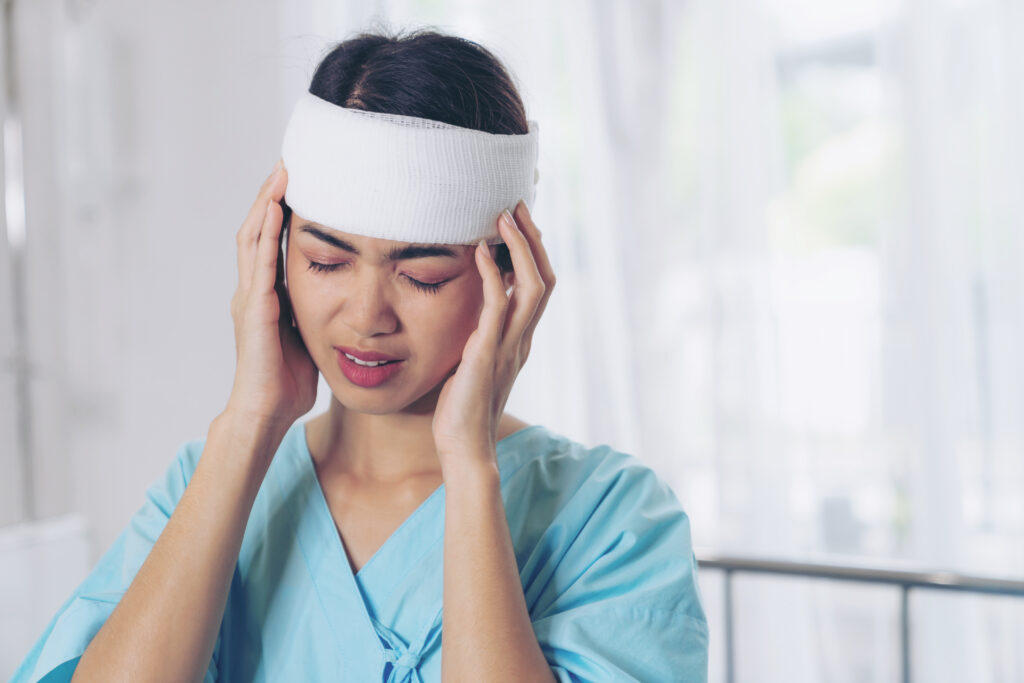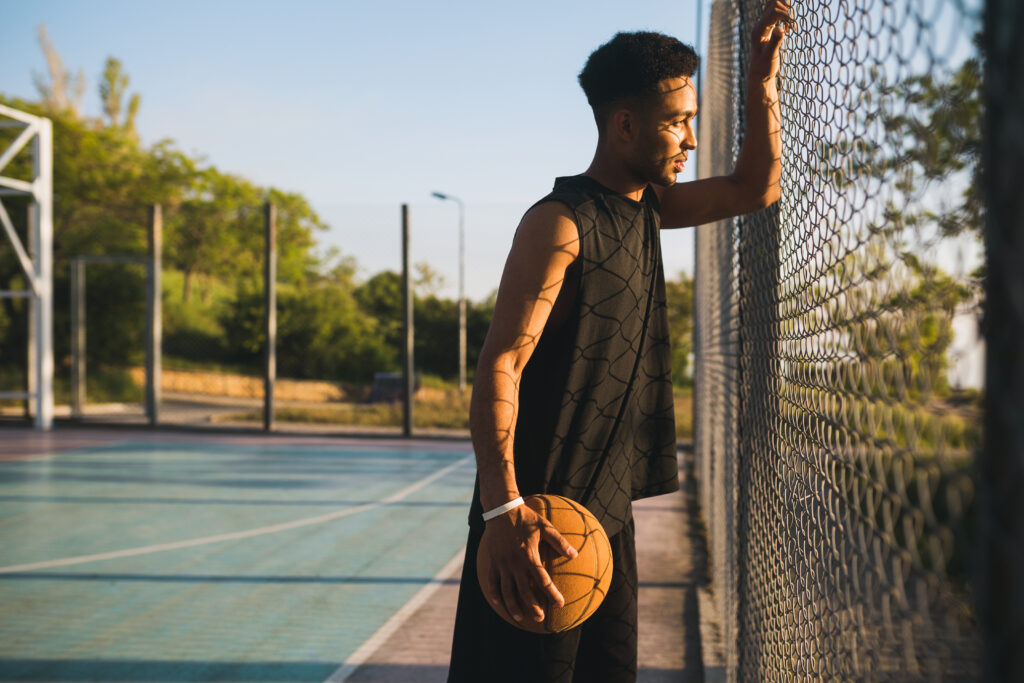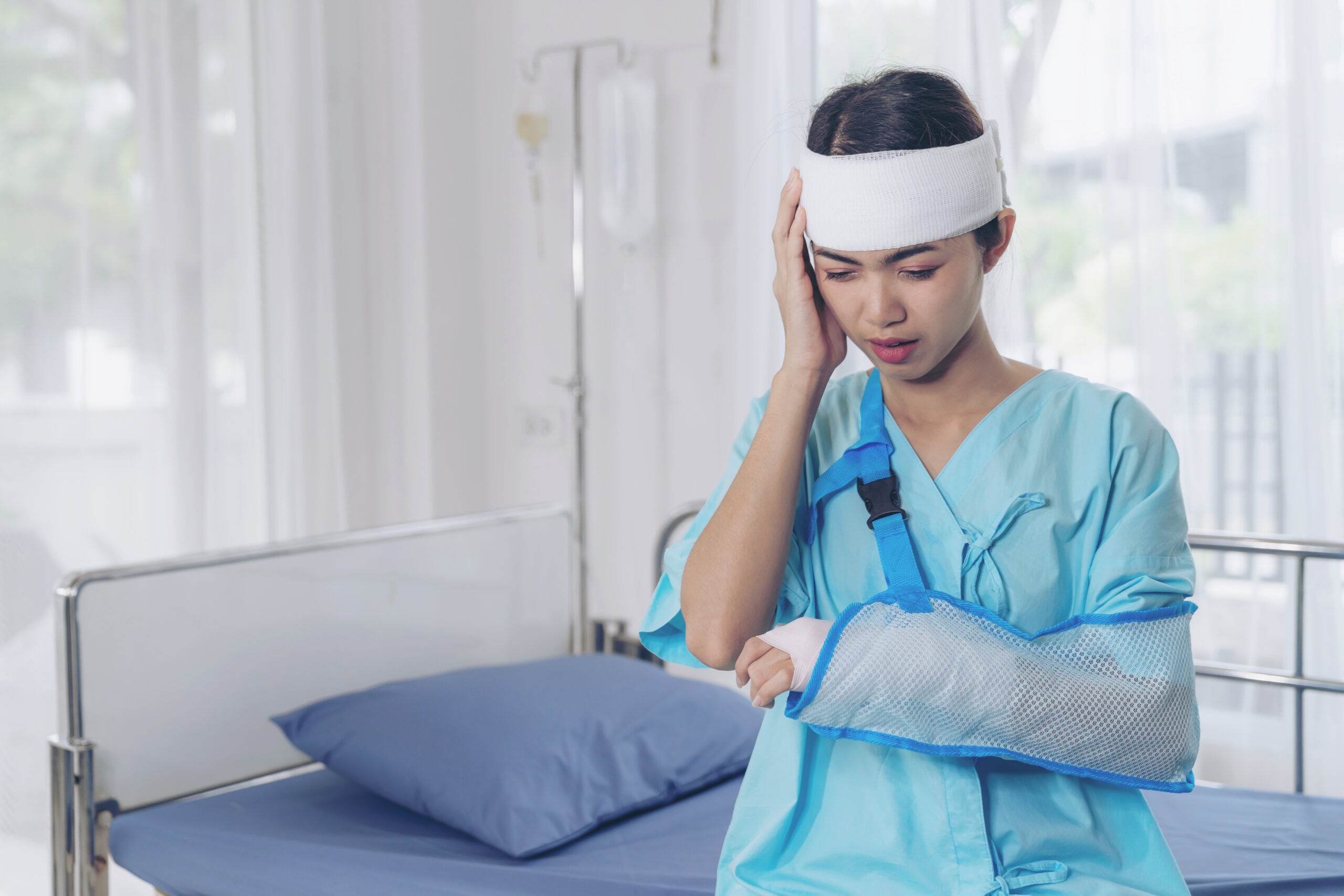Neuropsychological Evaluations For Sports-Related Concussions
Sports-related concussions are more than just a bump on the head; they can lead to serious consequences if not properly managed. By understanding these injuries and the critical role neuropsychologists play in their evaluation and treatment, you can help prevent further damage and potentially life-altering effects such as confusion, memory problems, irritability, and depression.
When an athlete sustains a head injury, it might seem minor at first. However, it’s crucial not to dismiss it or rush back to the game. Proper understanding and management of concussions are vital to avoid long-term complications.

What is a Concussion?
A concussion, often sustained during sports activities, is a mild traumatic brain injury. It occurs when the brain is violently shaken within the skull, causing it to move back and forth, similar to Jell-O. This movement can damage brain tissue and disrupt normal cognitive functions, leading to a variety of symptoms.
Recognizing the Symptoms of a Sports-Related Concussion
Contrary to popular belief, losing consciousness is not a prerequisite for a concussion. In fact, most concussions occur without any loss of consciousness, making it challenging to recognize the injury immediately. Symptoms may develop over several hours or days and can vary in severity. Physical symptoms often include headaches, nausea, dizziness, fatigue, and sensitivity to light and noise. In more severe cases, vomiting may occur. Cognitive difficulties such as confusion, trouble concentrating, slowed thinking, and memory issues are also common. Additionally, psychological symptoms like irritability and mood changes, including depression, may emerge.

When to Seek Medical Attention
If concussion symptoms are severe, such as loss of consciousness or vomiting, immediate medical attention is necessary. Even in less severe cases, it’s important to consult a physician to rule out any serious complications and to ensure proper recovery.
While rest is typically the primary treatment for a concussion, the duration of recovery can vary. For most athletes, the brain heals within a week to 10 days, but some may recover in just a day or two, while others may take longer.
How Can a Neuropsychologist Assist with Concussion Recovery?
When concussion symptoms persist, a neuropsychologist can play a vital role in recovery. These specialists are trained to understand how behavior and cognitive skills relate to brain structures and functions. They offer two main services in concussion management:
Assessment
A neuropsychologist begins by reviewing the athlete’s medical history, including previous concussions and other factors that may affect recovery, such as depression or sleep disturbances. They conduct a neuropsychological evaluation to assess memory, attention, reasoning, and other cognitive abilities. This assessment helps identify ongoing cognitive impairments and tracks improvements over time.
Treatment
Neuropsychologists provide psychoeducation to help patients understand common concussion symptoms and recovery patterns. In some cases, cognitive behavioral therapy (CBT) may be recommended to address an unhealthy focus on symptoms. For more serious cases, a neuropsychologist might suggest a cognitive rehabilitation program, which involves practicing cognitive skills to retrain the brain.
While rest remains the most common treatment, neuropsychologists are essential in determining when it’s safe for an athlete to return to their sport.

Safely Returning to Sports, School, or Work After a Concussion
Despite appearing physically fine, an athlete recovering from a concussion may still experience underlying issues. Overexertion—whether physical or cognitive—can worsen symptoms and prolong recovery. Therefore, it’s crucial to avoid activities that could lead to another concussion before the brain has fully healed.
In many states, student-athletes with suspected concussions are legally required to be removed from play and cleared by a neuropsychologist or another expert before returning to sports. This precaution helps prevent the severe consequences of a second concussion, such as fatal brain swelling.
Studies have shown that returning to school too soon after a concussion can exacerbate symptoms like headaches, fatigue, and irritability. Therefore, a cautious approach to resuming activities is essential for a full recovery.
Conclusion
Sports-related concussions are serious injuries that require careful management to avoid long-term damage. Neuropsychologists are key players in assessing and treating these injuries, ensuring athletes recover fully before returning to their activities. By understanding the risks and seeking appropriate care, athletes can protect their brain health and continue to enjoy the sports they love safely. Remember, when in doubt, always consult with a healthcare professional to ensure the best outcome.

